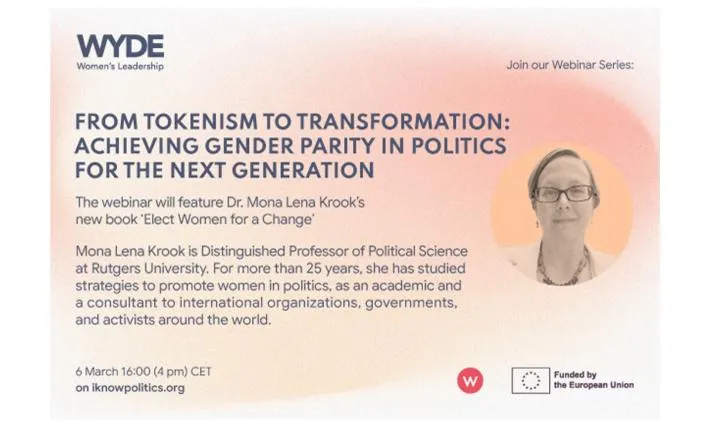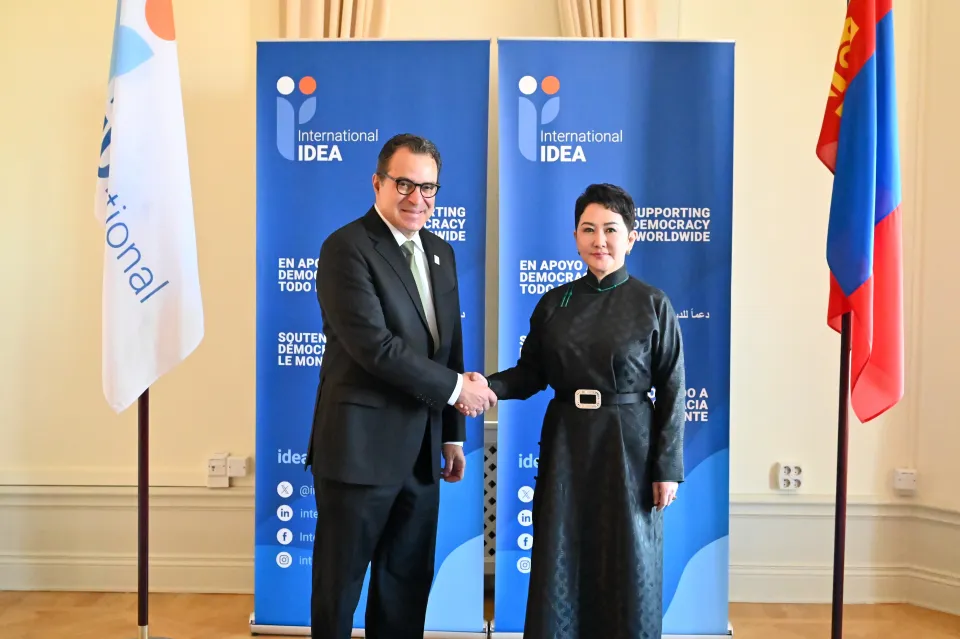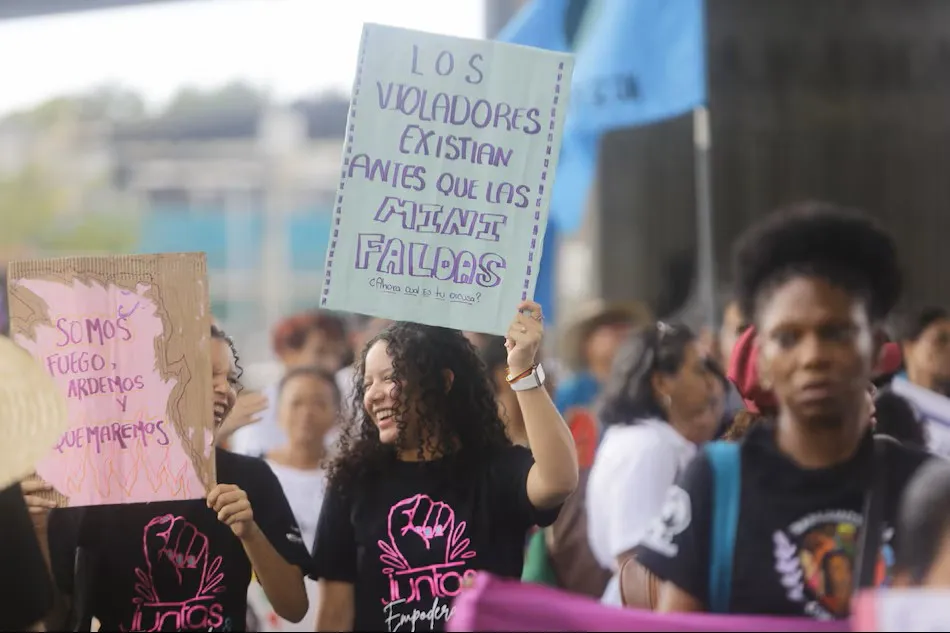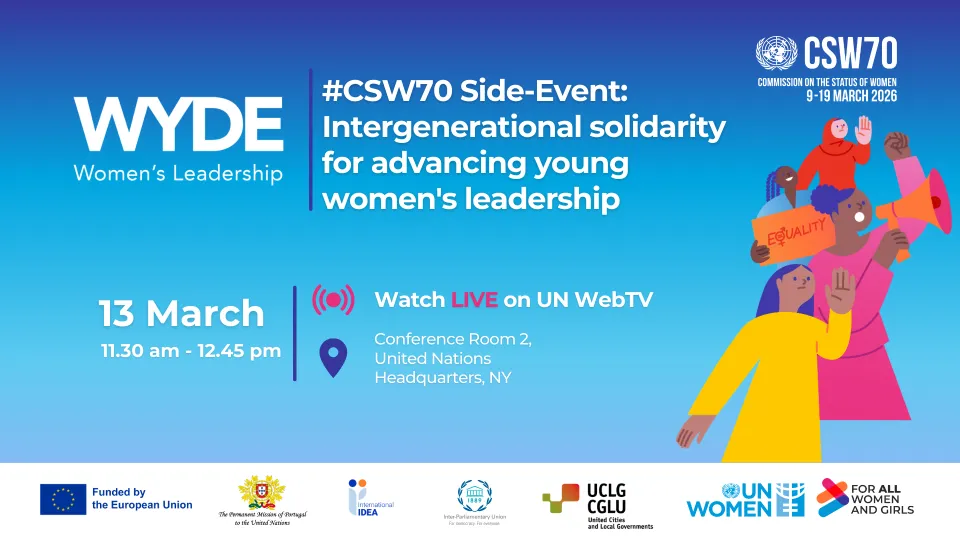Constitution-Building in Response to Social Crisis: the Second Women Constitution-Makers Dialogue
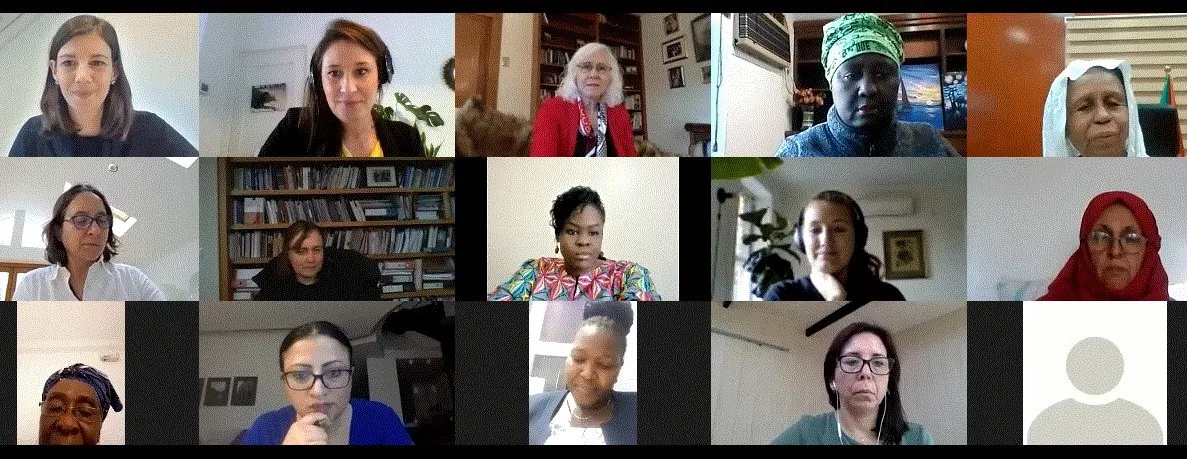
When constitutions are written in response to violent conflict or as part of a peace process, a key aim of constitution-building is to end the fighting and channel disputes through political institutions. Because of this, people at the negotiating table tend to be parties to the conflict, who are predominately men. When constitution-building responds to broad social unrest, in comparison, a key aim is to create a new social and political order. People at the negotiating table in these processes tend to include leaders of social movements, which more often includes women. These foundational conditions, though operating on a continuum, have important implications for women’s participation and influence in constitution-building processes and the nature of reforms.
In the last few years, there has been a rise in mass social protest movements throughout the world. Women (and youth) often play crucial roles in these movements as leaders and activists and are often central to catalyzing constitutional reform processes. Though particular demands vary by country, social protest movements often seek institutional reform, enhanced economic and political participation, and broader structural changes related to social justice, good governance and democracy. These issues matter not only to women but to all members of society, and are often rooted in wide discontent with the existing social contact. Yet as the constitution-building process unfolds, alliances and strategic reform priorities often change. Moreover, the space for women’s engagement and leadership tends to diminish as formal negotiations get underway. Why does this occur? And what can comparative experience tell us about the barriers and opportunities that women face during constitution-building in response to social crisis?
This year’s Women Constitution-Maker’s Dialogue explored these issues during a two-day online forum event with women constitution-makers and activists from ongoing and past reform processes in Chile, The Gambia, Kenya, South Africa, South Sudan, Sudan, Syria and Yemen. The closed event was convened on 17 and 18 November 2020 by the Constitution-Building Programme of International IDEA, in partnership with the Political Settlements Research Programme (PSRP) of the University of Edinburgh. Participants discussed the relationship between social unrest and the design of constitutional reform processes, implications for democracy and peace, and opportunities to enhance and sustain women’s influence as processes institutionalize. Discussions also examined the role of the international community in supporting and empowering women, and opportunities for strengthening engagement in the future.
As one participant noted, ‘There is such small number of women [at the table] and yet there is a huge responsibility for us to be present in the political process; to bring the voices of women and to try to be representative in such a diverse society...’.
The event was the second meeting in an annual series that was initiated in 2019 by International IDEA and PSRP. A report from the first event was released in 2020; an outcome report for the latest event is forthcoming in 2021. The dialogue series aims to foster a global network of women constitution-makers and peacebuilders centered on peer-to-peer exchanges on women’s participation in constitution-building and peacebuilding processes and contentious constitutional design issues. It aims to elevate women’s voices and roles in constitution-building globally, and to broaden understanding among the international community of women’s experiences, interests and needs.

